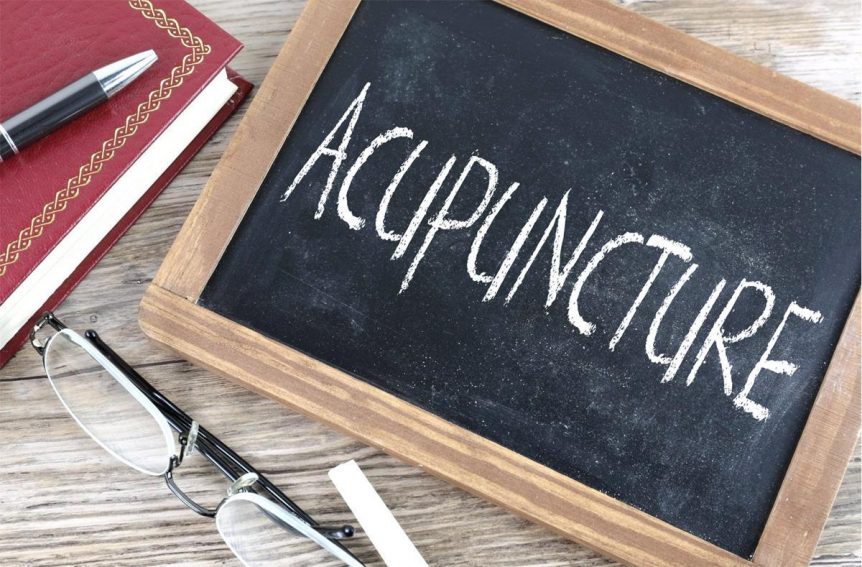Acupuncture is a vital part of Traditional Chinese Medicine. It’s based on theories and ideas formulated over many centuries. The belief is that Qi (pronounced chee) flows throughout the entire body and provides us with our life force. Good health relies on that Qi flowing freely, and if it should form impediments, this can then bring about a range of problems.
Although scientists haven’t quantified Qi, the effects of Acupuncture are effective, indicating that something is at play here.
Acupuncture involves the use of disinfected pins injected into ‘acupuncture points’ all over the body. These are areas that provide direct access to the meridians that carry the Qi around our bodies. By using these pins, it’s believed that unclogging the meridians allows the Qi to flow freely.
What are acupuncture needles made of?
The shafts of acupuncture needles are made from surgical stainless steel wire of different thicknesses. The needles have a long body, a fine tip, and a thicker handle and tail. They’re made in different gauges, and the finer the needles, the less the patient will feel when they’re injected into the body.
An acupuncture needle is made up of the tail, handle, root, body, and tip. Frequently used acupuncture needles are made of stainless steel, with lengths from 2.5 inches to 0.5 inches and sizes from 40 to 20 gauges.
Can acupuncture needles be reused?
In the past, acupuncture needles were cleaned and reused, but now most acupuncture needles are made to be disposable, single usage.
Practitioners trained by Acupuncture Canada are taught to use disposable, sterile needles, and they’ve been trained regarding contraindications and precautions to acupuncture.
In western countries like Australia, Europe, Canada, the USA, and the UK, it’s illegal to reuse acupuncture needles.
Who can get acupuncture treatments?
Anyone can be treated with acupuncture, from children to seniors.
Who should NOT get acupuncture treatments?
Not everybody is an ideal candidate for acupuncture. You might be at risk of complications if you have:
- A pacemaker
- Hesitations and feel unwilling or afraid
- Bleeding disorders
- Skin disorders or infections at the needle site
- Immune disorders
- Valvular heart disease
- Metal allergies
How Does Acupuncture Help with Stress Relief?
Acupuncture for stress relief has been found to be effective in reducing anxiety and promoting relaxation. By targeting specific pressure points, acupuncture helps release endorphins and improve blood circulation, which can alleviate stress and tension. Many people find acupuncture to be a calming and therapeutic treatment for managing stress.

